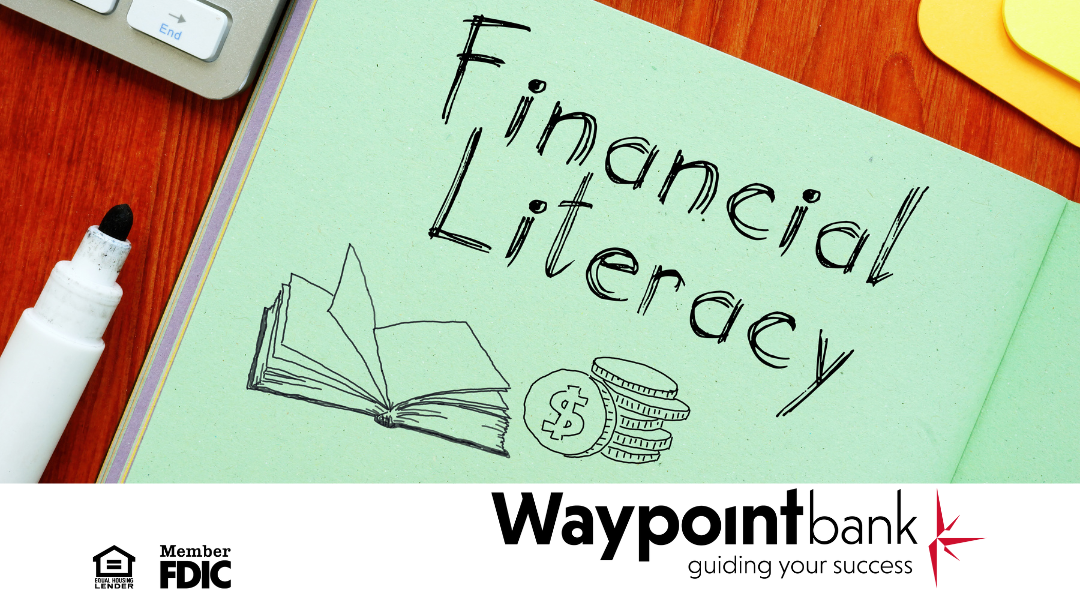As the school year begins and summer ends, it is important to educate teens and young adults on their financial habits. Teaching them the basics on budgeting, saving, and managing debts can benefit them with their future spending. The tips for financial literacy below will help teach simple but effective ways to be smart with money.
Budgeting Basics
Budgeting your money is key to understanding your spending habits. When thinking about a budget, there are four basic categories that should be reviewed to help you:
- Income – This is simply how much money you receive every month. Make sure to record all sources of income, whether it is from your job, gifts, etc.
- Fixed expenses – These are expenses that are set every month, are inflexible, and they cannot be eliminated. Rent, mortgage, car payments, groceries, etc. are some examples of fixed expenses.
- Flexible expenses – These expenses can change every month and typically include your wants, including new clothes or going out to the movies. This is also where any type of savings money will come from every month, so be sure to allocate some money towards emergency funds/savings.
- Savings – Savings can be typically overlooked at a younger age, but it is important to try saving as early as possible. A general rule for savings is to put 20% of your income into savings. However, this is a case-by-case situation depending on your financial situation.
There are different apps, spreadsheets, and websites that can help you organize your expenses. Remember, your budget is unique to you and your spending habits. Do not feel bad if you are not able to put as much money into savings as other people.
Understanding Investments
Investing is the action of putting money in financial instruments, including bonds, stocks, and mutual funds so your money can grow over time. While it may pose a risk compared to straight saving, investing can potentially earn higher returns over time.
People invest so they can try and reach long-term goals, including paying off college loans, buying a house or car, retirement, etc. While there are many types of investments, choosing the right investment for your specific timeline and goal is important. There are no guarantees with investments either so selecting a range of stocks to invest in can reduce the risks of losing money with just one company. Contact Waypoint Financial for more information on investing.
Managing Debt and Credit Cards Wisely
Understanding and managing debt is important for long-term financial success and stability. If you find yourself in any debt, whether it’s from student loans or credit cards, start practicing better spending habits and pay off these debts as soon as possible. Focus on paying off debts to save on interest costs and consider consolidating any debts to ease the repayment burden.
Being responsible with credit cards and avoiding credit debt is crucial to a good financial situation. People usually start using credit cards at the end of high school and college. Credit cards allow you to pay for purchases upfront, with the expectation that you will pay the money back within a certain time to your bank. Don’t excessively spend on credit, as you don’t want to find yourself in debt. It is recommended to just put a few expenses a month on a card for the first year or so and pay it off on time to build up your credit.
At Waypoint Bank, we want teens and young adults to be knowledgeable about these topics so they can set themselves up for success. We offer wealth management services that can guide you and your friends through different financial situations. Make sure to understand your finances early on so you help your future self with budgeting, investments, and managing any debt.




